What Is a Midlife Crisis for Women
Midlife crisis isn’t new, though for years it’s been debated to classify it as a mental health diagnosis. Yet studies show many men and women between the ages of 40 and 60 experience some form of it. But what is it for women? Why is midlife crisis different for them?
Well, that depends. There are many different faces of this reevaluation of a woman’s life: family issues; work problems; feelings of resentment, anger, and hopelessness; weight gain or loss; relationship upheaval; sudden impulsive or erratic life choices; career changes; reaching personal goals; anxiety and depression; memory loss; guilt; sadness…the list goes on.
“I’ve gathered strength behind my years, I owned them, I’ve earned them, I’ve deserved them, I have a right to have them.”
However, beyond what it looks like from the outside, there are many components jumbling inside too. Physiologically, the decline in estrogen and progesterone hormones due to perimenopause and menopause are often claimed to be the sole culprit and though they most certainly play a part, there’s more to it than a woman’s biological changes. Emotionally, there’s the likelihood of a single or collection of traumatic or grieving events that set a ticking ball into motion. And let’s not forget the societal pressures about the modern midlife crisis for women and finding the secret elixir for retaining one’s youth.
For women, midlife just isn’t fair. It’s full of unrealistic expectations in a culture that rewards only those with super human strength: breadwinners, that never tire or age and are happy to give 150% of themselves while taking only the scraps that the masses leave behind. It’s anxiety-driven, exhausting, and grief-stricken and can bring even the strongest to their knees during the first round.
For women, midlife just isn’t fair. It’s full of unrealistic expectations in a culture that rewards only those with super human strength.
You can find yourself questioning everything you’ve thought, done, and believed in too. To learn how menopause changes your brain, just watch it all double down when the panic-attack comes full force. Oh. And there’s an added bonus of no clear answers to those burning questions either.
It’s like hell, but worse: no demons or fire and brimstone, just you, your thoughts, and a constant sprinkle of hot flashes, insomnia, and mood swings.
Still, there is hope. Scientists show why we’re unhappiest during midlife, and while we might be feeling at our lowest of lows during these years there is an upswing on the horizon. Acknowledging where you’re at in your process and then doing a self-assessment can be the first steps to mastering the crisis before the crisis masters you. And lose the guilt while you’re at it. Self-exploration is normal and healthy, so tackling some of those big fears, changing ones negative thoughts, or setting off on a new life path altogether can be the starting point of a brighter, better future.
Doctors, therapists, hormone replacements, herbal remedies, women-centered retreats, and support groups can also help you get back in the game.
Reconnecting with nature, building a new sisterhood or stoking the fire of an old group of friends, and changing your diet and exercise are also just a few home remedies to consider. But if things are feeling on a constant downward spiral, there are some additional tools to help you navigate your way through this unpredictable journey. Doctors, therapists, hormone replacements, herbal remedies, women-centered retreats, and support groups can also help you get back in the game.
After all, if Stella Got Her Groove Back, Elizabeth finally found herself (Eat Pray Love), and Thelma & Louise showed us how to really live life on the edge, there’s no reason we can’t make our midlife work to our advantage. Even if it isn’t fair and we don’t like the time and ways it’s cramping our style, we’re women.
We’re built to overcome shit that’s meant to destroy us.
Share this:





